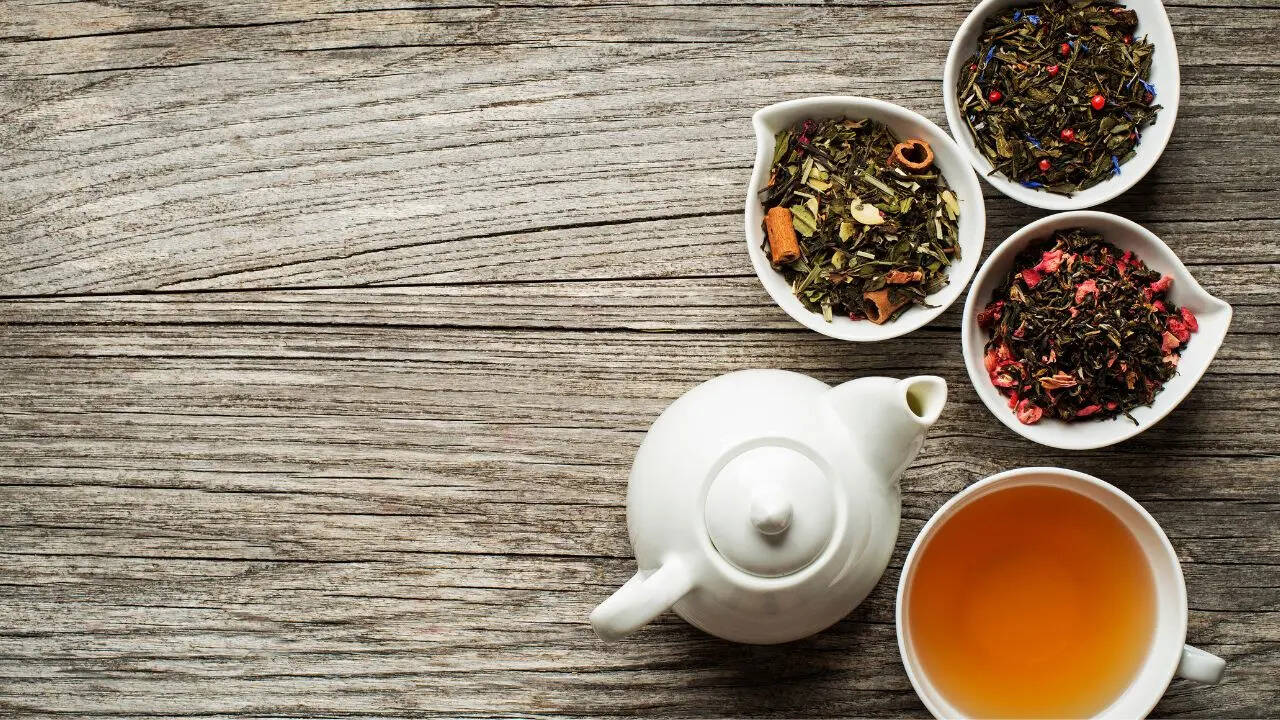Is Tea First Thing In The Morning Bad For Digestion? What Doctors Say

Credits: Canva
SummaryMorning tea on an empty stomach can upset your gut and may cause long-term health issues if the habit continues. We spoke to a nutritionist to understand how morning tea impacts digestion and the right way to have it safely without harming your gut health. Keep reading for more details.
End of Article
